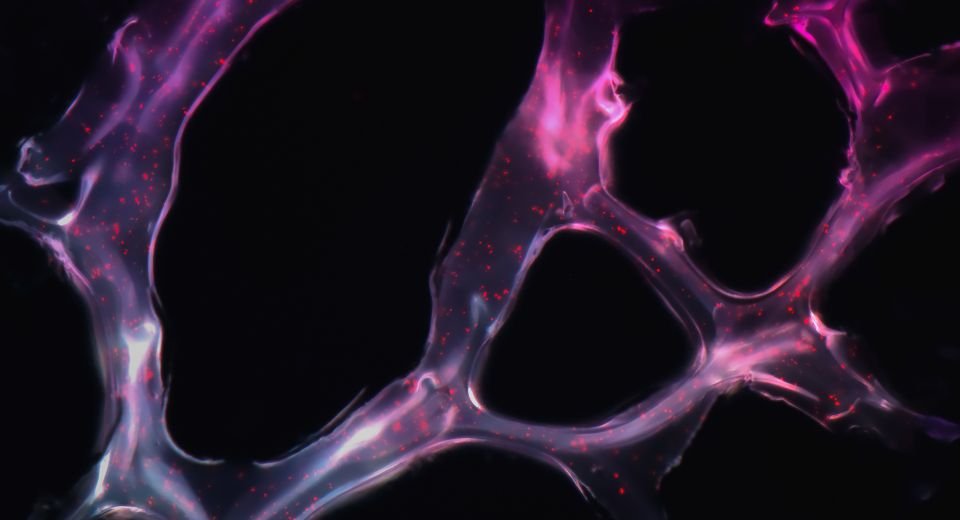HQ Team
May 9, 2024: Merck announced that its Phase 3 trial evaluating Keytruda therapy in combination with chemotherapy, with or without radiotherapy, failed to end endometrial cancer, hence further tests have been stopped.
“While these results were not what we had hoped, we are focused on continuing to build on the established role of [pembrolizumab] in advanced endometrial carcinoma through our approved indications, while rapidly progressing clinical research evaluating [pembrolizumab]-based combinations and other investigational candidates, including antibody-drug conjugates, in endometrial and other types of gynecologic malignancies,” said Gursel Aktan, MD, PhD, vice president, global clinical development, Merck Research Laboratories, in a press release.
Pembrolizumab is currently FDA-approved in 2 endometrial cancer indications.
Merck’s Keytruda therapy in combination with chemotherapy was tested in about 1,095 patients with high-risk endometrial cancer after surgery.
The trial did not meet the main goal of disease-free survival, which is the length of time one survives disease-free after primary treatment.
A further test for overall survival was abandoned since the trial failed.
Endometrial cancer occurs in the inner lining of the uterus, or endometrium, and is the most common type of the disease affecting the organ.
Keytruda
Keytruda is a humanized monoclonal antibody called PD-1 which increases the body’s immune system’s ability to fight tumor cells.
Keytruda is currently approved in the United States for two indications in endometrial cancer, one of which is treated using it as a combination therapy with partner Eisai’s drug Lenvima.
Endometrial cancer is the sixth most common cancer in women worldwide, with over 400,000 new cases per year. Its localised version has a five-year survival rate of 96%. However, in advanced disease, five-year survival falls to 20% .








